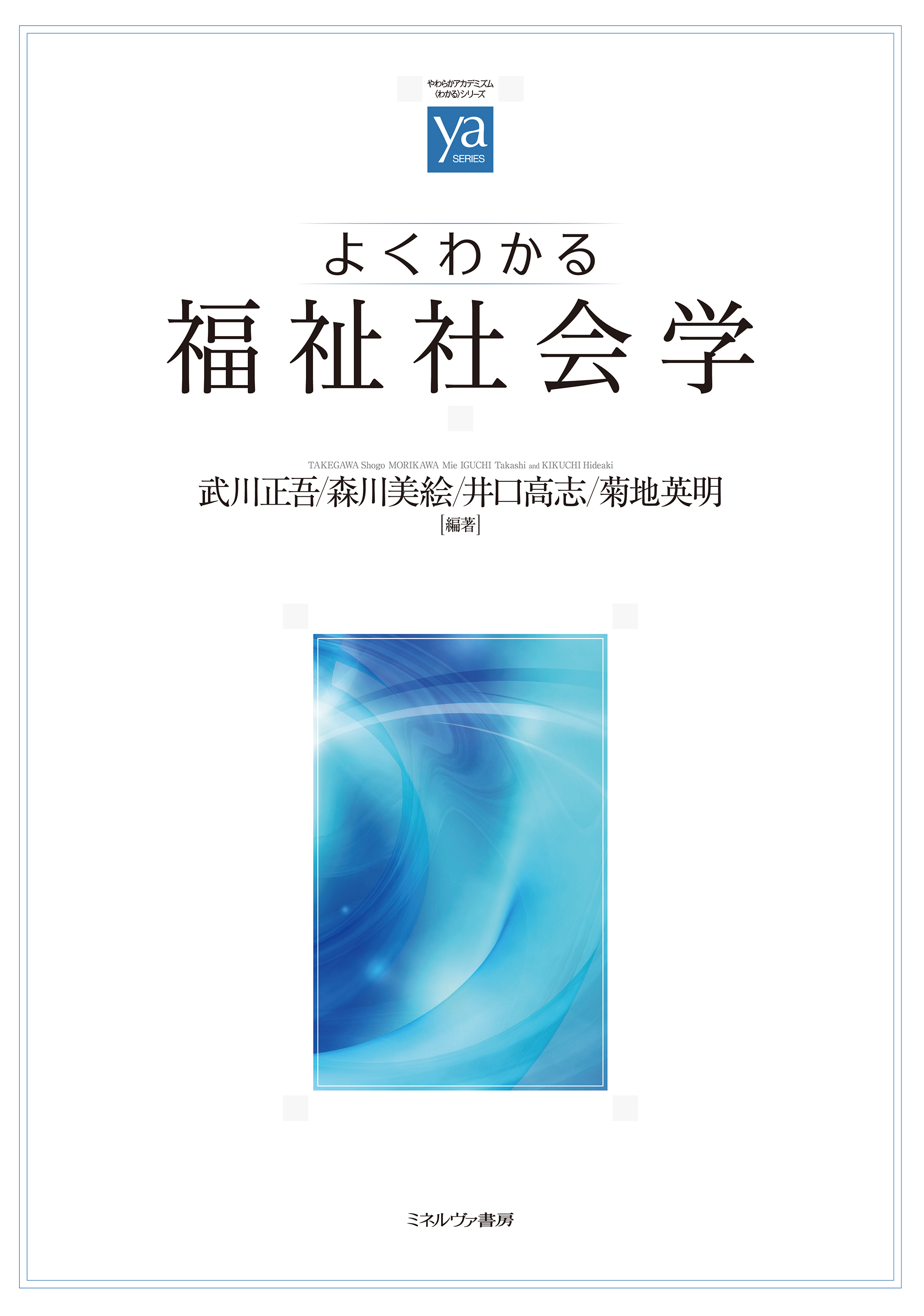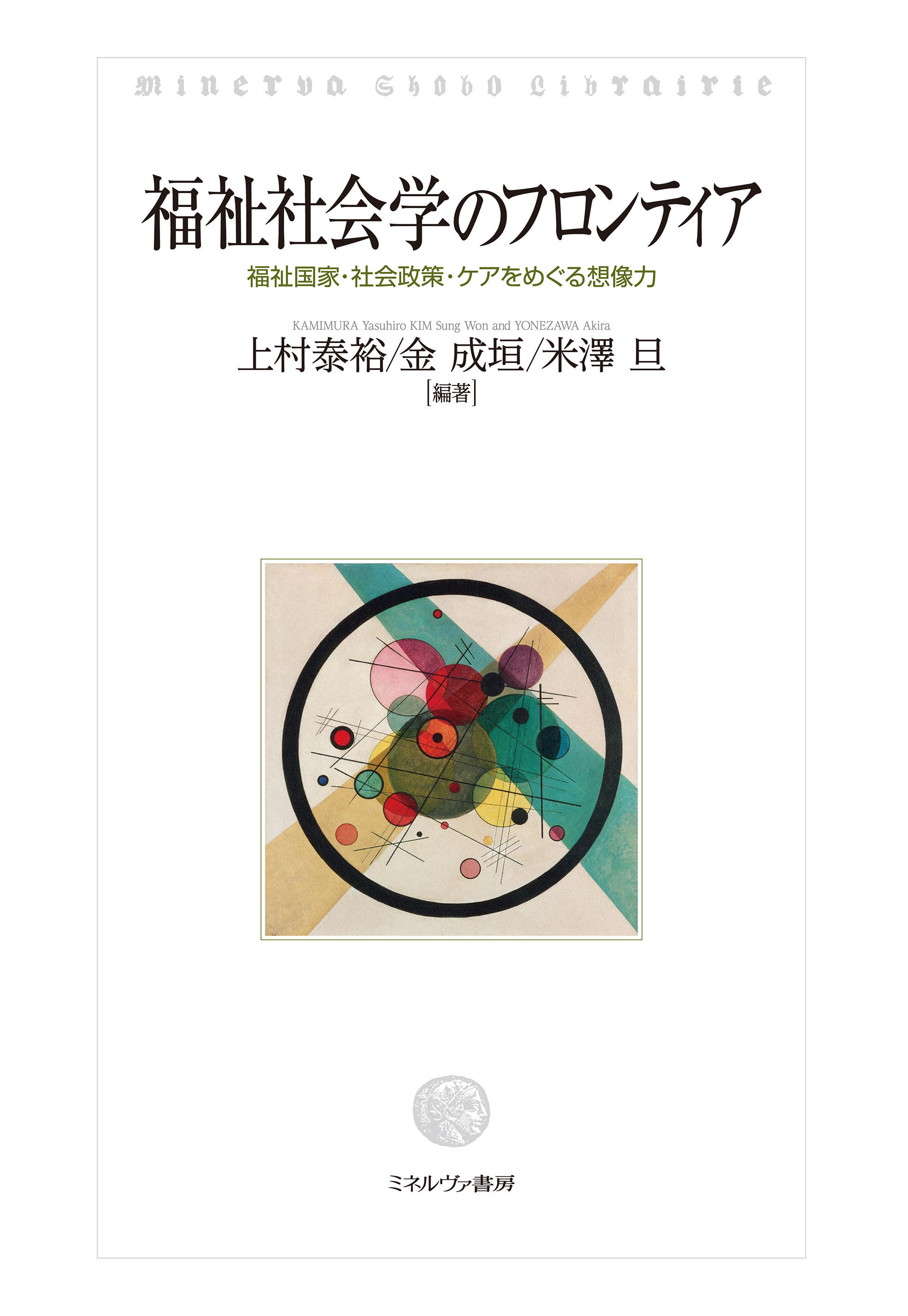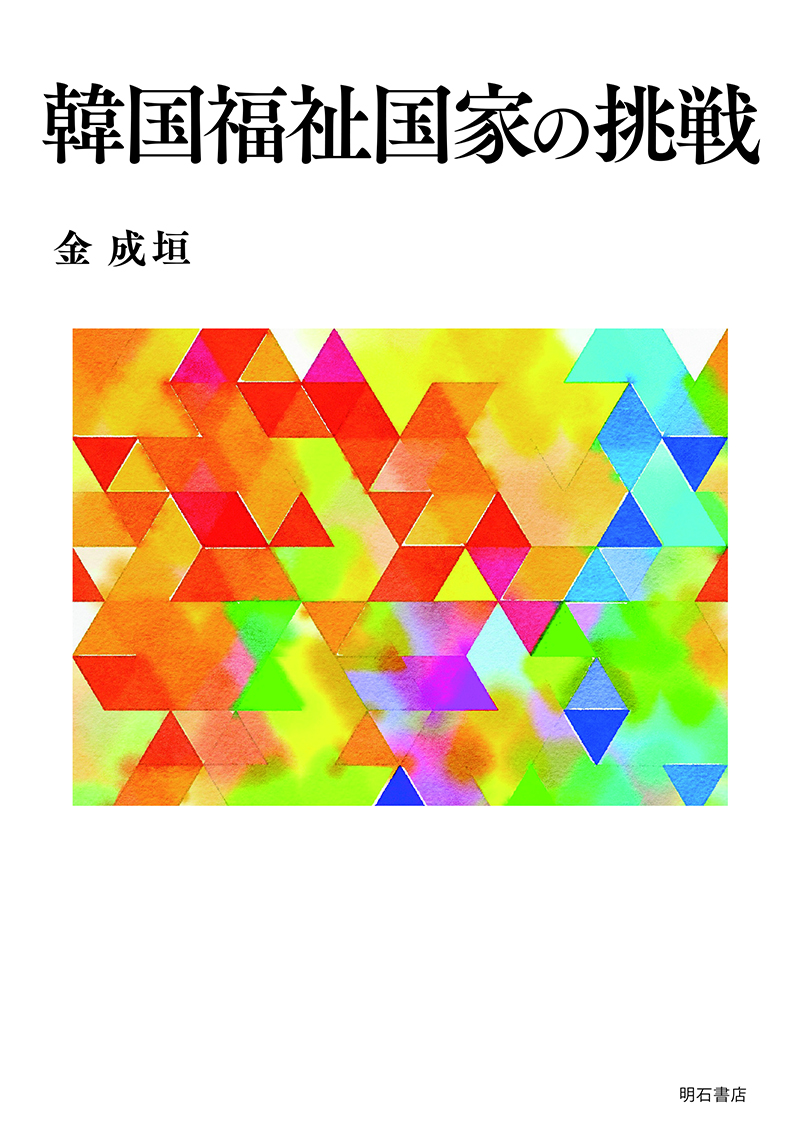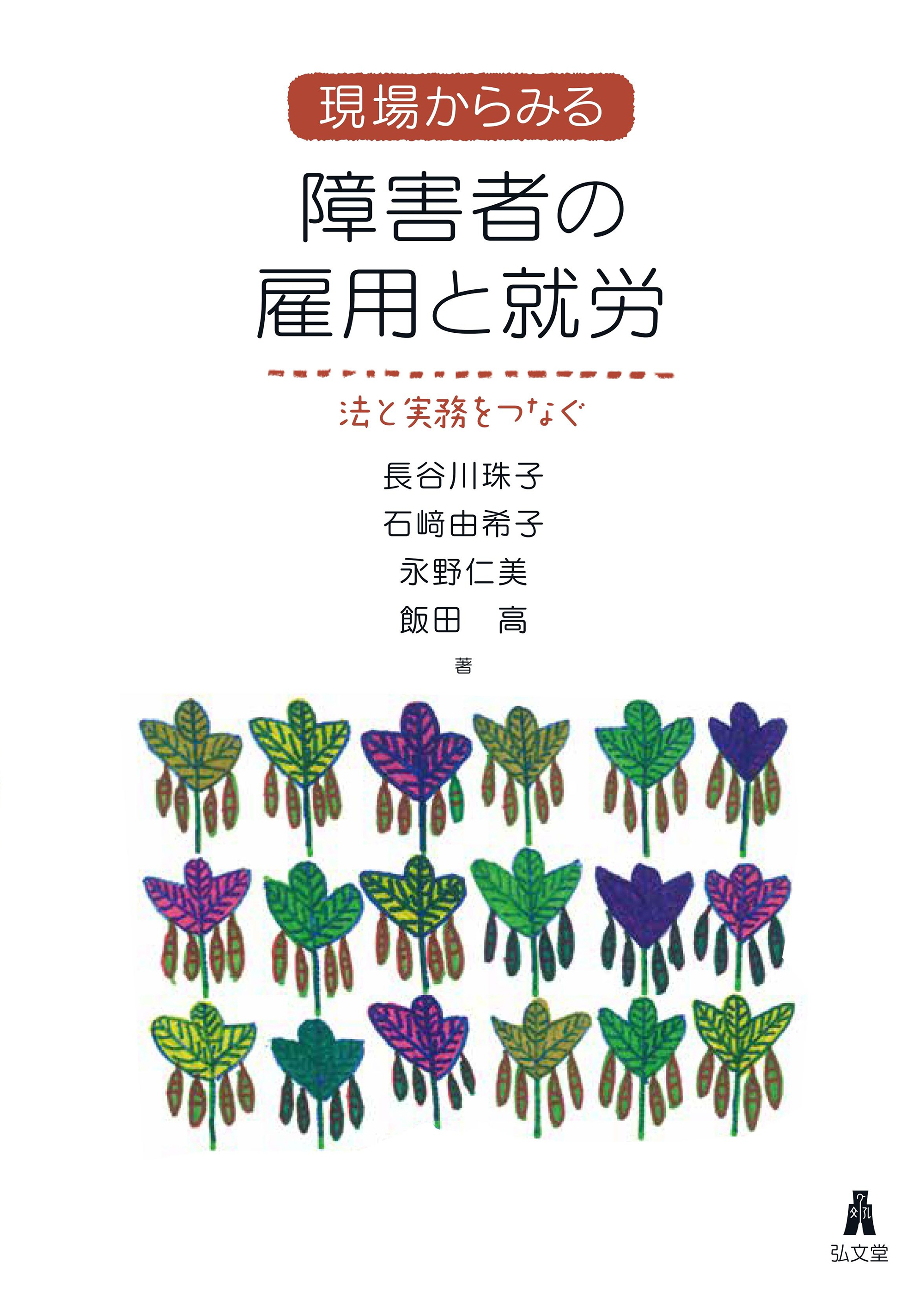
Title
Yawaraka Academism Series Yokuwakaru-Fukushisyakaigaku (An introduction to Welfare Sociology)
Size
218 pages, B5 format
Language
Japanese
Released
October 30, 2020
ISBN
9784623089734
Published by
Minerva Shobo
Book Info
See Book Availability at Library
Welfare sociology is a field of sociology established in Japan that studies welfare-related social phenomena, based on sociological theories and methods. However, it is often mistaken for social welfare studies, which undoubtedly has a very similar name and a much higher public profile. This is partly because it was established long ago (in 1954) and is supported by related professional qualifications, systems, and university departments.
In contrast, “unshackled” welfare sociology has a history of only about 20 years if we take the inauguration of the Welfare Sociology Association (2003) as the origin of its name. Of course, “happiness” in a broad sense and “welfare-related” topics that arise around welfare laws in a narrow sense, have been studied domestically in social sciences and sociology, and internationally under different names such as “poverty, social welfare, and social policy” and “aging.” For example, social welfare studies, which has mainly dealt with the latter topic, has been established through the application of various disciplines—one of them being sociology.
In this book, welfare sociologists try to forge an identity for welfare sociology, which has gradually developed. It also helps demonstrate the appeal of the world of welfare sociology to those of you who are about to enter academia, and if possible, to encourage you to enter it. As mentioned in Section I of this book, there are two ways to depict the state of a field of study: one is to demonstrate the theoretical core of the field, and the other is to depict its trends in research and subject areas.
In line with this idea, the book begins by explaining key concepts that can be considered the theoretical foundation for thinking about welfare and the distinctive ideas of welfare sociology, followed by Care (II); Risk Society and Individualization (III); Poverty and social exclusion (IV); Regimes (V); Gender (VI); Communities (VII); and The third sector and civil society (VIII). These sections illustrate the variations in research content, targets, and approaches. The last two chapters explain the knowledge of environmental conditions, such as welfare systems and populations (IX), and sociological methods for studying welfare (X). The book comprises 100 items where each chapter comprises 10 items, each with a question as a subtitle.
This book could be a guide for those who want to learn about welfare-related phenomena at the University of Tokyo, which does not have a “welfare” department. Contrastingly, for those who think that welfare is not particularly relevant to their studies, research, or life, this book is designed to help them learn about the relationship between welfare and other social phenomena and systems. It also discusses how welfare fits into the humanities and social sciences. I hope that you will pick up this book, even on a whim, as you can start reading it from anywhere within the 100 items.
(Written by IGUCHI Takashi, Associate Professor, Graduate School of Humanities and Sociology / 2021)



 Find a book
Find a book







